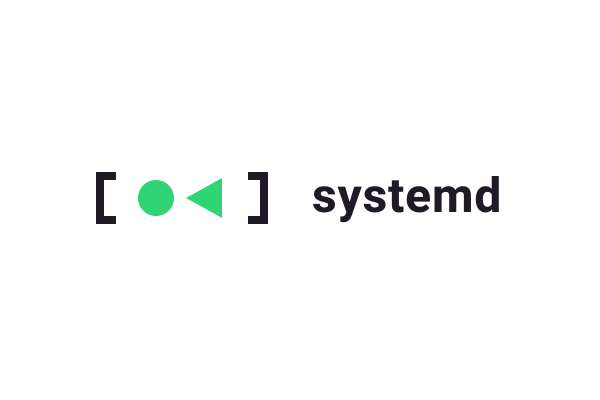Systemd 254 released and now has a new soft-reboot option:
* A new "soft-reboot" mechanism has been added to the service manager.
A "soft reboot" is similar to a regular reboot, except that it
affects userspace only: the service manager shuts down any running
services and other units, then optionally switches into a new root
file system (mounted to /run/nextroot/), and then passes control to a
systemd instance in the new file system which then starts the system
up again. The kernel is not rebooted and neither is the hardware,
firmware or boot loader. This provides a fast, lightweight mechanism
to quickly reset or update userspace, without the latency that a full
system reset involves. Moreover, open file descriptors may be passed
across the soft reboot into the new system where they will be passed
back to the originating services. This allows pinning resources
across the reboot, thus minimizing grey-out time further. This new
reboot mechanism is accessible via the new "systemctl soft-reboot"
command.>



Yes they do, Mesa being one. Only the close to the metal stuff and Kernel-DRM is handled in kernel space, most of the heavy stuff is done in user space.
Where’s the line you’re drawing? And what would be the “heavy stuff” in user-space?
I’m far from a kernel expert, but I still have the
i915module loaded into the kernel on this bad boy, which I think most people would call a driver.